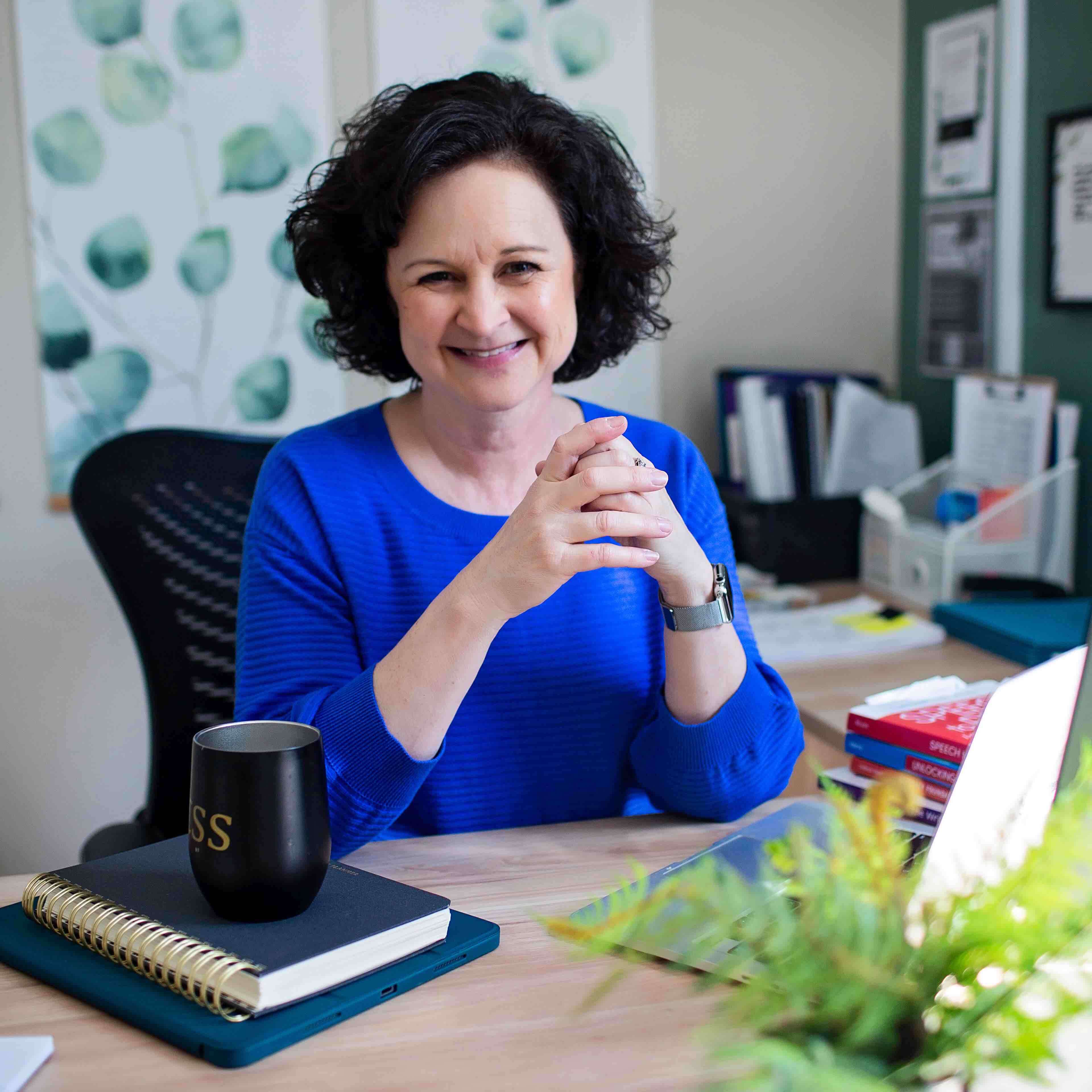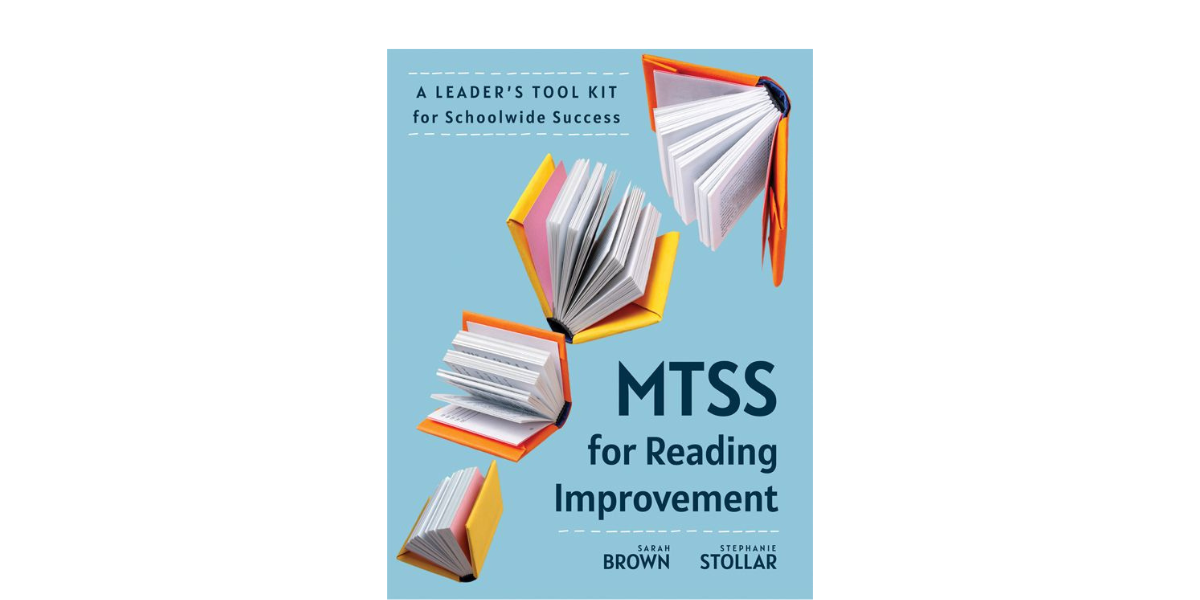Every Word Wants to Be a Sight Word When It Grows Up

Every Word Wants to be a Sight Word When It Grows Up*
Automatic word recognition is required to facilitate reading comprehension.
To be recognized instantly, words must be stored in long-term memory as wholes, where the spelling, pronunciation, and meaning are fused together. The whole word must be “mapped” into your memory as an integrated unit.
The process of storing words for instant recognition follows the same instructional sequence for highly phonetically regular and phonetically less regular words.
- access the phonemes in the spoken word
- map the phonemes to graphemes
- spell and write the word to dictation
- practice the word in lists, phrases, sentences and decodable books
These practices establish the neural connectivity among the letters, sounds, and meaning of the word.
It is the same process for highly regular and less regular words.
The lower the frequency of the word, and the more irregular spelling representations in the word, the more repetitions that will be needed and the longer it will take to store the word as a whole unit in long-term memory. This requires multiple meaningful exposures and interactions with the word.
The process of becoming a word that is recognized instantly does not involve:
- memorizing whole words
- drawing a box around the shape of the word
- guessing based on context clues
The result is storage of the precise string of letters in memory as a whole word, but the process to get there doesn’t involve memorizing whole words.
A sight word is a word that has been mapped for automatic access and instant recognition. High frequency and low frequency words can be sight words. Regular and irregular words can be sight words. Every word wants to be a sight word when it grows up.
*Expression first used by Dr. Jan Wasowicz

Dr. Stephanie Stollar is the founder of Stephanie Stollar Consulting LLC and the creator of The Reading Science Academy. She is a part-time assistant professor in the online reading science program at Mount St. Joseph University, and a founding member of a national alliance for supporting reading science in higher education.
You can follow Stephanie Stollar Consulting and the Reading Science Academy on Facebook, YouTube, Twitter, Instagram and LinkedIn, and contact her at [email protected].
⭐️ Get Dr. Stollar's free resources on the science of reading here! →


